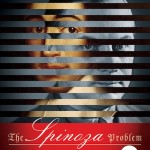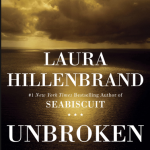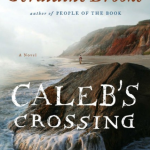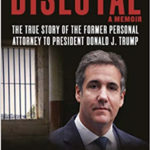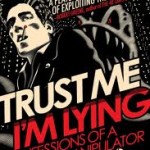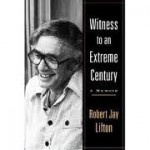Inferno by Dan Brown
 Inferno by Dan Brown (2013). I picked up this book (on my Kindle) after it had just become number one on the NewYork Times Best Seller List. I suspect it will be there for a long time as Dan Brown’s previous best seller Da Vinci Code was Number one for 40 weeks, on the list for 166 weeks and sold 80 million copies. The main character from that book Dr. Robert Langdon, Harvard Professor of Art and Symbolism, is the center of attention of the latest thriller as is Dante, the city of Florence and related subjects. If I were to read a book set in New York, LA, San Francisco or D.C and it used the nooks and crannies with which I was more or less familiar as the basis of a hide and seek, life and death scavenger hunt, that would add to my pleasure of the experience. However, this story goes into exquisite detail of so many churches, monuments, museums special rooms, works of art, secret passages mostly in the city of Florence, Italy. Even though I briefly visited that city less than a year ago I had no familiarity with most of them. I tried to zip through the detailed descriptions of these places and stay with the fascinating story line. Similarly, although I had read Dante’s Inferno many years ago while in college, the secret meaning in the passages which was an important part of this story could have come from the Captain Midnight Decoder ring from my youth. Nevertheless, the premise of the of the book was riveting in that it brought into focus the fact that our planet is on a collision course with extinction by the unrelenting growth of our population. At some point in the not too distant future, we will not be able to sustain ourselves. This raises scientific, ethical and moral issues. We are introduced to the idea that there could be futurists or what are called Transhumanists that would support a radical solution to this dilemma. The book is filled with twists and turns along with some big surprises. Not only are we on the edge of our seats to see how the characters of this story deal with the immediate and future life threatening issues but in the end we come away pondering the questions which are raised. We also hear the words of Dante echoing in our mind as he said, “The darkest places in hell are reserved for those who maintain their neutrality in times of moral crisis.”
Inferno by Dan Brown (2013). I picked up this book (on my Kindle) after it had just become number one on the NewYork Times Best Seller List. I suspect it will be there for a long time as Dan Brown’s previous best seller Da Vinci Code was Number one for 40 weeks, on the list for 166 weeks and sold 80 million copies. The main character from that book Dr. Robert Langdon, Harvard Professor of Art and Symbolism, is the center of attention of the latest thriller as is Dante, the city of Florence and related subjects. If I were to read a book set in New York, LA, San Francisco or D.C and it used the nooks and crannies with which I was more or less familiar as the basis of a hide and seek, life and death scavenger hunt, that would add to my pleasure of the experience. However, this story goes into exquisite detail of so many churches, monuments, museums special rooms, works of art, secret passages mostly in the city of Florence, Italy. Even though I briefly visited that city less than a year ago I had no familiarity with most of them. I tried to zip through the detailed descriptions of these places and stay with the fascinating story line. Similarly, although I had read Dante’s Inferno many years ago while in college, the secret meaning in the passages which was an important part of this story could have come from the Captain Midnight Decoder ring from my youth. Nevertheless, the premise of the of the book was riveting in that it brought into focus the fact that our planet is on a collision course with extinction by the unrelenting growth of our population. At some point in the not too distant future, we will not be able to sustain ourselves. This raises scientific, ethical and moral issues. We are introduced to the idea that there could be futurists or what are called Transhumanists that would support a radical solution to this dilemma. The book is filled with twists and turns along with some big surprises. Not only are we on the edge of our seats to see how the characters of this story deal with the immediate and future life threatening issues but in the end we come away pondering the questions which are raised. We also hear the words of Dante echoing in our mind as he said, “The darkest places in hell are reserved for those who maintain their neutrality in times of moral crisis.”


